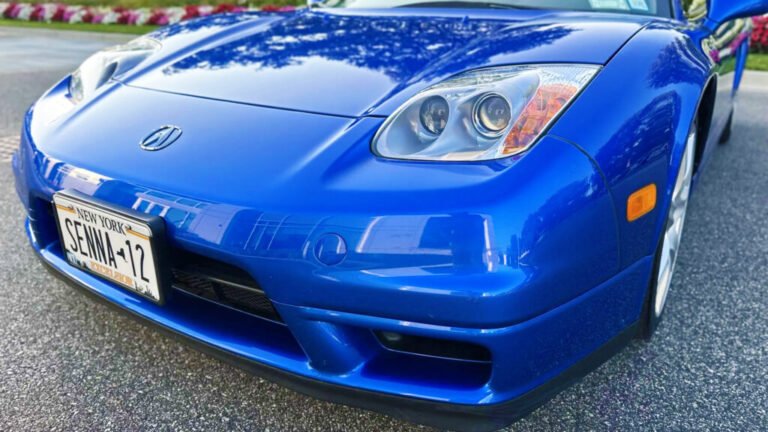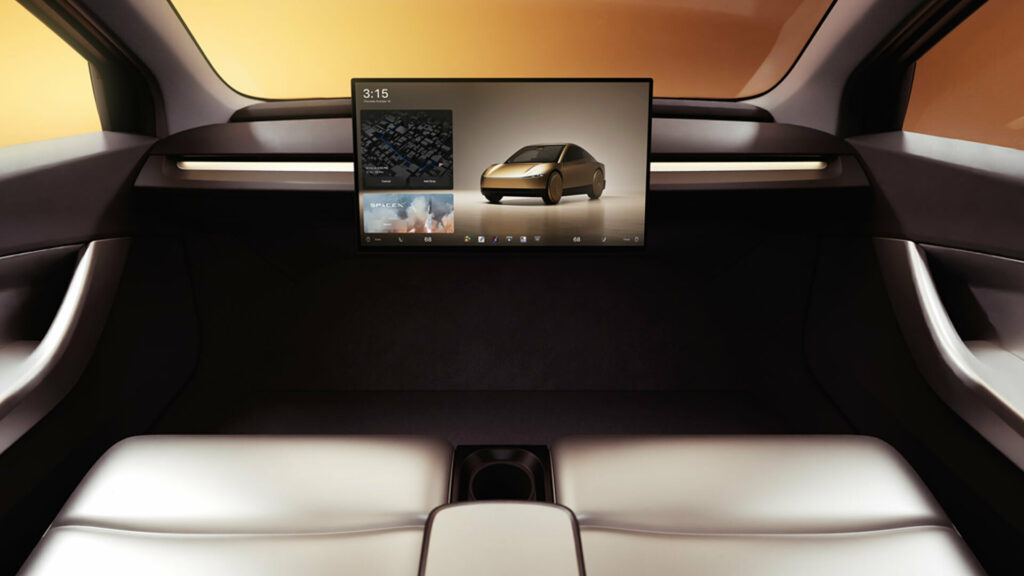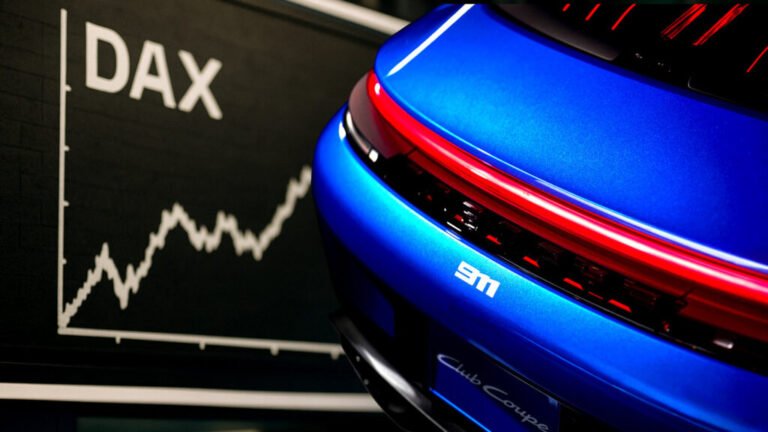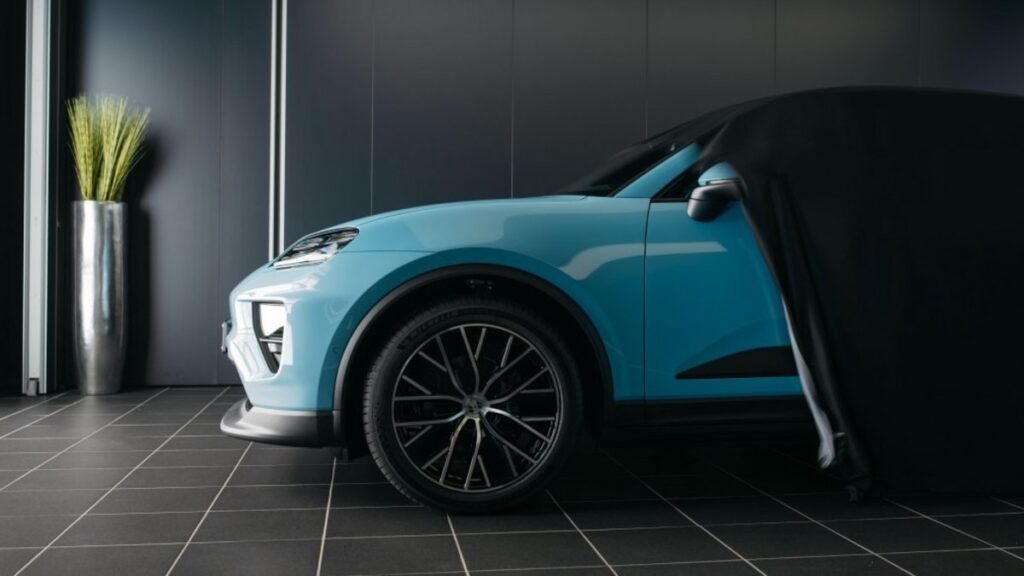
Copying Audi’s Homework?
In 2028, Porsche will introduce the M1, the first production model with a front-wheel drive bias. Since the combustion-engine Macan was phased out in favour of the all-electric Macan, the new Macan replacement will be built on the same Premium Platform Combustion (PPC) architecture as the third-generation Audi Q5. The upcoming Macan replacement will adopt Audi’s Quattro Ultra all-wheel drive system with a front-wheel bias, instead of heavily re-engineering it to offer a rear-biased setup.
It will be the first time in Porsche’s 94-year history that a production model will be fundamentally front-wheel drive biased. As such, it’s the most radical departure from Porsche’s DNA since Ferdinand Porsche first sketched a rear-engine sports car. This, sadly, marks the end of an era for Porsche’s winning philosophy of putting precision handling first.
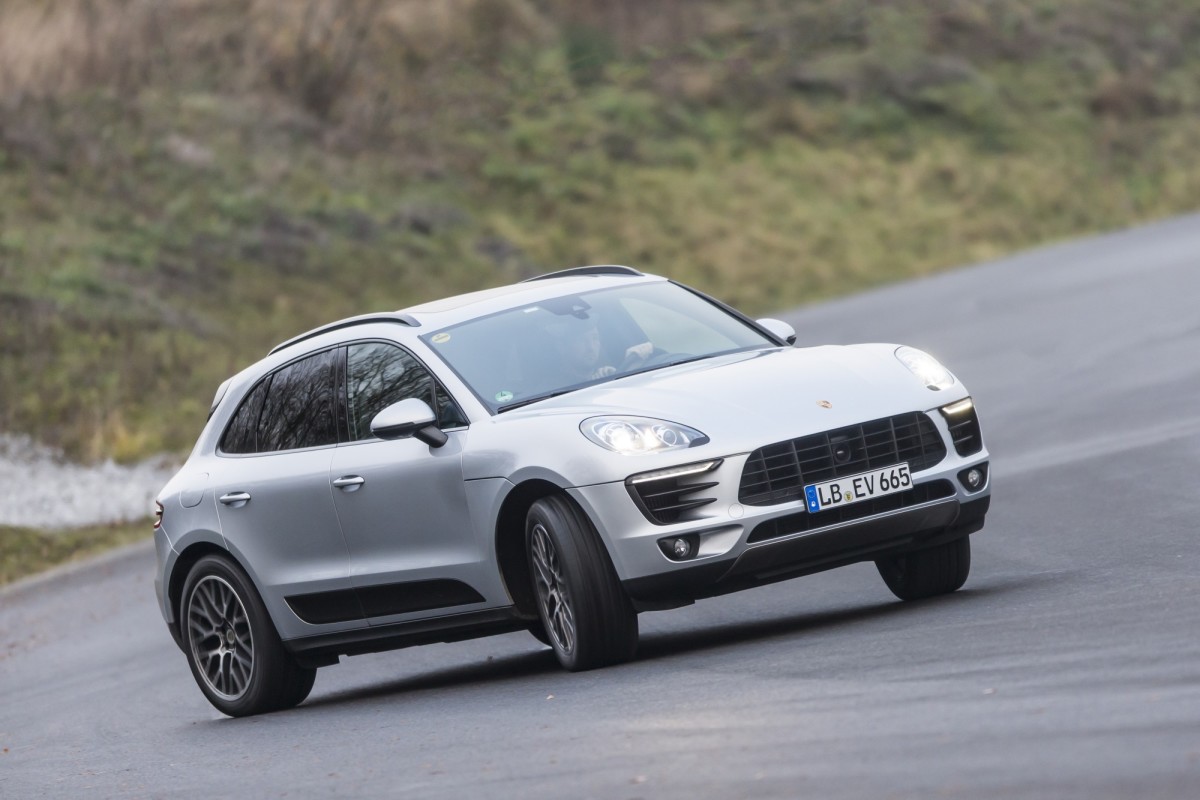
Platform Sharing, For Better or Worse
The upcoming Macan replacement marks a dramatic shift from Porsche’s traditional engineering independence. The outgoing Macan, while sharing Audi’s MLB platform as used on the previous-gen Q5, underwent extensive Porsche-specific modifications. This included the proprietary Porsche Traction Management system, a bespoke four-wheel-drive system that maintained the brand’s rear-biased driving character.
According to Autocar, the upcoming new Macan will abandon this approach entirely. Instead of heavily re-engineering the Audi Q5’s Quattro Ultra system, as Porsche did with the first Macan, the M1 will use it largely unchanged, prioritizing development speed over engineering purity.
Audi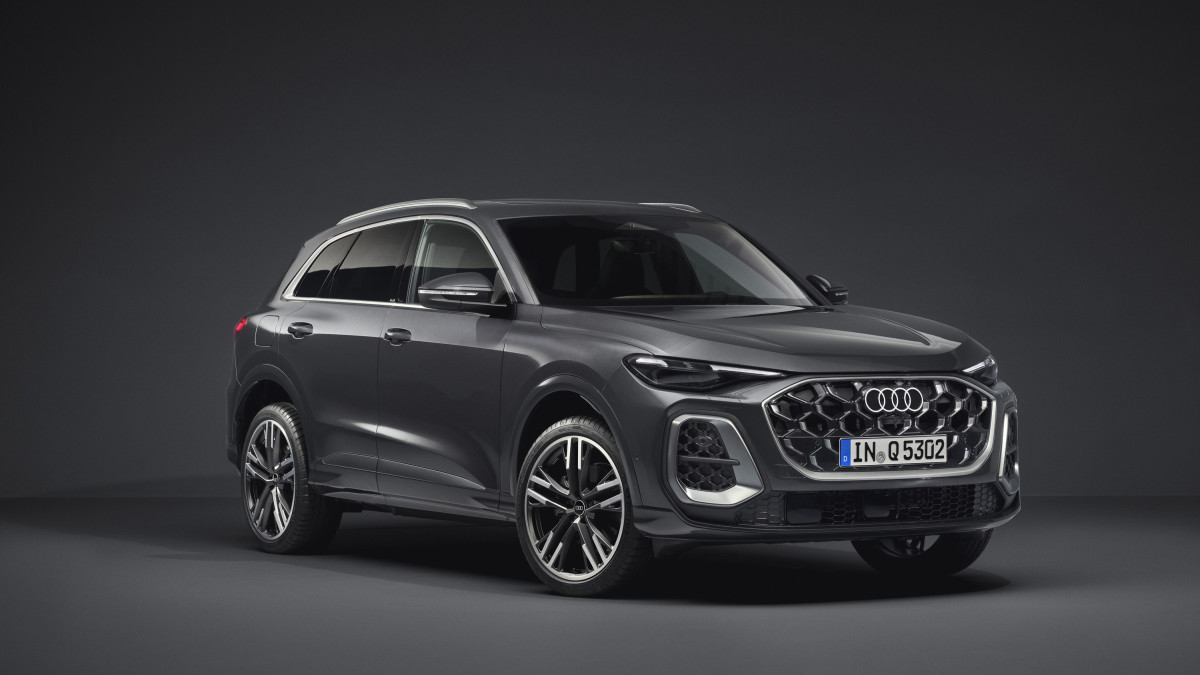
Why Porsche is Speeding Up Development
When Porsche first announced that the internal combustion-powered Macan would leave the lineup after the 2025 model year, the brand had plans for EVs to make up 80 percent of its sales by 2030. However, market realities have forced a strategic pivot.
The Q5 tie-up will help fast-track the new five-seater through development in response to softening in global EV uptake. Rather than spending years developing a bespoke platform, Porsche is essentially copying Audi’s homework to maintain its SUV presence while EV adoption rates stabilize.
Porsche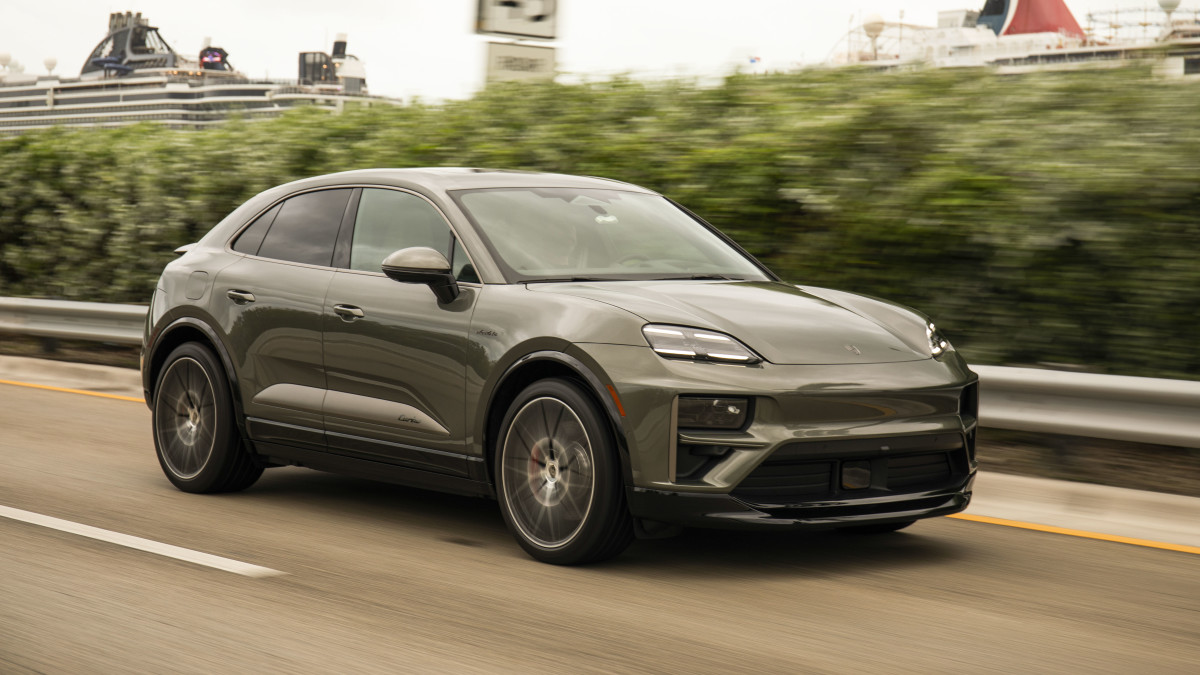
This will help Porsche cut down the typical five-year period from concept to production, to around three years in the case of the new Macan. The front-biased all-wheel-drive system promises better fuel economy and interior space, two attributes that most SUV buyers prioritize over traditional Porsche rear-drive dynamics. While purists might revolt, the move reflects market demands. Hopefully, the gamble pays off for Porsche.
